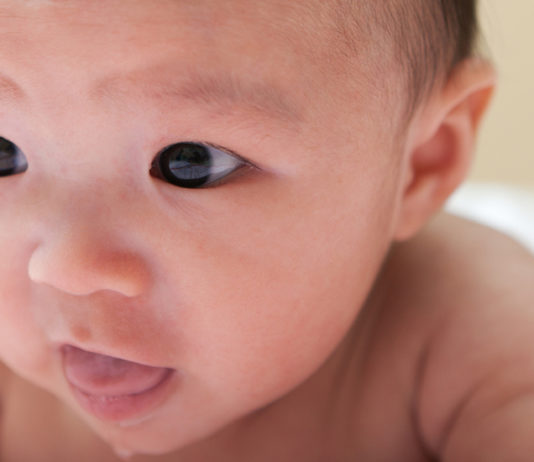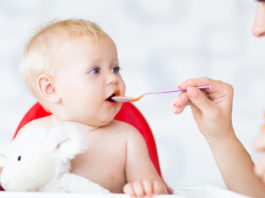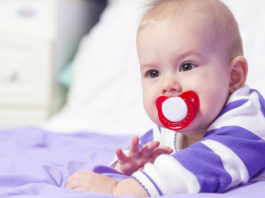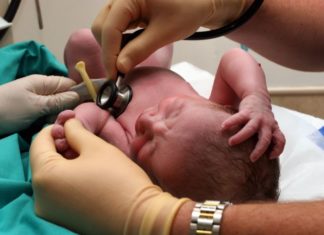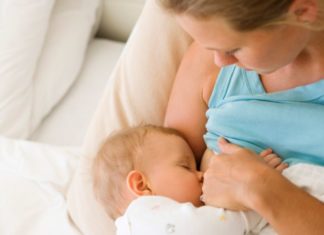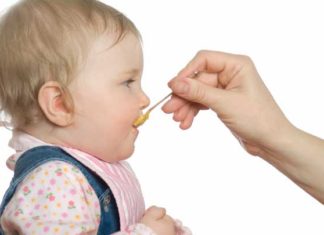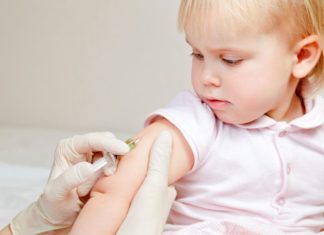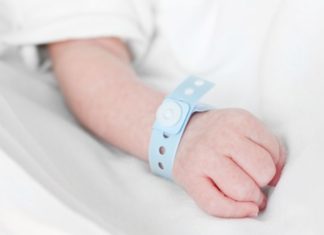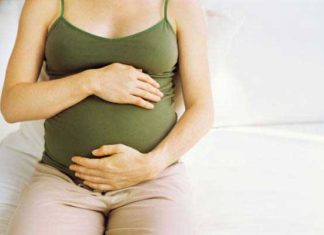How infants acquire new words across cultures
Infants show strong universals as they acquire their native language, but a recent study with infants acquiring Korean also reveals that there are striking language differences.
Sandra Waxman, Louis W. Menk Professor of Psychology at...
Some heart birth defects may increase children’s heart infection risk
Children with certain heart birth defects may have an increased risk for bacterial infection of their heart’s lining and valves, according to new research in Circulation: Journal of the American Heart Association.
The risk for...
Bedsharing associated with longer breastfeeding
Frequent bedsharing between a mother and infant was associated with longer duration of breastfeeding, but researchers warned of the risk of sudden infant death syndrome (SIDS) associated with bedsharing, in a study by Yi...
Who’s got guts? Young infants expect animals to have insides
A team of researchers has shown that 8-month-old infants expect objects they identify as animals to have insides. The study appears in the Proceedings of the National Academy of Sciences.
University of Illinois professor of...
Who's got guts? Young infants expect animals to have insides
A team of researchers has shown that 8-month-old infants expect objects they identify as animals to have insides. The study appears in the Proceedings of the National Academy of Sciences.
University of Illinois professor of...
Commercial baby foods don’t meet infants’ weaning needs
UK commercial baby foods don’t meet infants’ dietary weaning needs, because they are predominantly sweet foods that provide little extra nutritional goodness over breast milk, indicates research published online in Archives of Disease in...
Undervaccination associated with increased risk of whooping cough
Undervaccination with the diptheria, tetanus toxoids and acelluar pertussis (DTaP) vaccine appears to be associated with an increased risk of pertussis (whooping cough) in children 3 to 36 months of age, according to a...
Inducing and Augmenting Labor May be Associated with Increased Risk of Autism
Pregnant women whose labors are induced or augmented may have an increased risk of bearing children with autism, especially if the baby is male, according to a large, retrospective analysis by researchers at Duke...
Autism four times likelier when mother’s thyroid is weakened
Pregnant women who don't make nearly enough thyroid hormone are nearly 4 times likelier to produce autistic children than healthy women, report scientists from the Houston Methodist Neurological Institute and Erasmus Medical Centre in...
DHA-enriched formula in infancy linked to positive cognitive outcomes in childhood
University of Kansas scientists have found that infants who were fed formula enriched with long-chain polyunsaturated fatty acids (LCPUFA) from birth to 12 months scored significantly better than a control group on several measures...
- Advertisement -
Sign up to receive the latest parenting news, competitions, health information, baby/child/whole family recipes, play ideas, outings, personal stories and much more.


